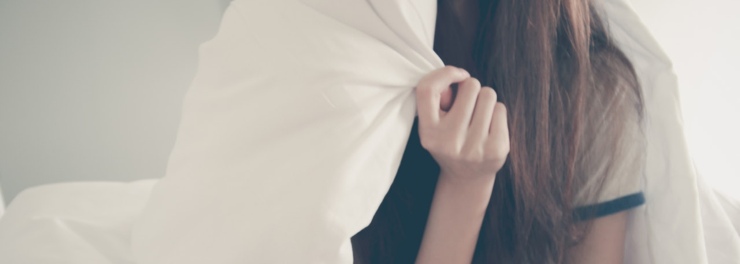It could be that your nightly ritual has been transformed. Once upon a time, you relied on that nightcap or joint to bring on the mellow. And these days your stresses and anxieties seem to be getting the best of you in the battle for shut-eye. And in recovery, your typical “sleep aids” are not an option. There are multiple reasons, but for people in recovery, especially early recovery, sleeping is an issue. Insomnia, bad dreams, constant tossing and turning, these are all common early-recovery occurrences. And that’s where sleep hygiene comes in.
Matters Get Worse
The Journal of Addiction Medicine has found that “incidence of insomnia is five times higher in people in recovery than in the general population.” The profit of a good night’s sleep might surprise you.
Here are a few interesting sleep benefits:
Better memory
- Longer life
- Healing damaged cells
- Boost to the immune system
- Recovering from the day
- Repairing your heart and blood vessels
- Better immune system
- Among many others
With these and more, it’s not surprising that sleep is an important part of your addiction recovery plan. Beyond all that, the effects of sleeplessness might lead to relapse. What happens when you don’t have a good night’s sleep? Aside from missing out on the medical health benefits, you feel sleepy. Maybe even fuzzy-headed—all day. And in early recovery, this is an issue. You need your wits about you.
Can’t Sleep?
You need to find a solution to the non-drowsiness of recovery. So the first thing you need to consider is an update to your sleep hygiene.
Sleep hygiene parallels personal hygiene. Think about it, if you didn’t shower, brush your teeth, keep your hair and nails trimmed, things would get out of hand quickly. Similarly, there are a few things you can do to daily maintain good sleep hygiene. Simply making some of these things a habit will go along way to helping you with your early recovery shut eye.
Exercise and Eat Well
The toughest one is first. Exercise. And eat well. We don’t really have to belabor this because you already know it. Exercise and eating well will save your life. It will make you look and feel better. Exercise decreases depression. Basically, it is good for you on so many levels. Basically, it’s one of the best things you can do in life. Oh yeah, and it will help you sleep. It’s good sleep hygiene. Just do it.
Limit Nap Time
This is common sense, but it is also tough to do. Especially if you are already in the mix of poor sleep. You are tired. So, of course, you want to nap if you feel like you can finally do it. Napping feels good in the moment, but those hour-long-or-more day-sleeps contribute to bad sleep hygiene. If you absolutely have to take a nap, limit it to 20-30 minutes.
Don’t Do Activities in Your Bed
Your body and brain have pretty strong associative abilities. If you only sleep in your bed, you will naturally get drowsy when you finally get under the covers. If you are using your bed as a station to work on your scrapbooking or playing solitaire on your phone, your body will connect bed to awake activities.
Don’t Force It
If it’s simply not happening, get up and do something relaxing. TV or video games are not the best alternative options here. They are too stimulating and will lead to more awake time. In stead try deep breathing, reading, writing, meditation (or prayer), or uhhhh … counting sheep.
Don’t Drink Coffee Close to Bedtime
Or really, take in any kind of consumable stimulant. Nicotine is a stimulant, so if you are used to vaping in bed, you might want to reconsider the habit.
Set a Schedule
Give yourself a bedtime and a waking time. And even when the weekend rolls around, try to stick to it. As well, giving yourself a nightly ritual can help. Warming up some noncaffeinated tea, taking a warm shower, doing some breathing or stretches. All of these can help your body get psychologically and physically prepared for slumber.
Choose Your Sleep Hygiene Adventure
These are a few suggestions for good sleep hygiene. But just like personal grooming, each person’s approach will differ. The key is to keep up with the daily small choices in order to make a big difference in your overall sleep health.
If you are having trouble sleeping and are considering trying sleeping pills, remember, many of them are habit forming and even addictive. Here’s more on The Underlying Problem With Sleeping Pills.
Looking for help with recovery or have an addiction to sleeping pills or any other substance? Please connect with us today. One of our addiction specialists will be happy to answer questions and direct you to your best recovery option. Call, 888-590-0777.




